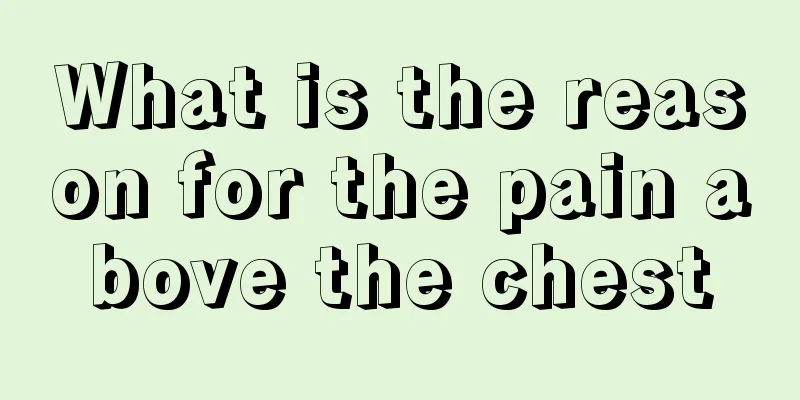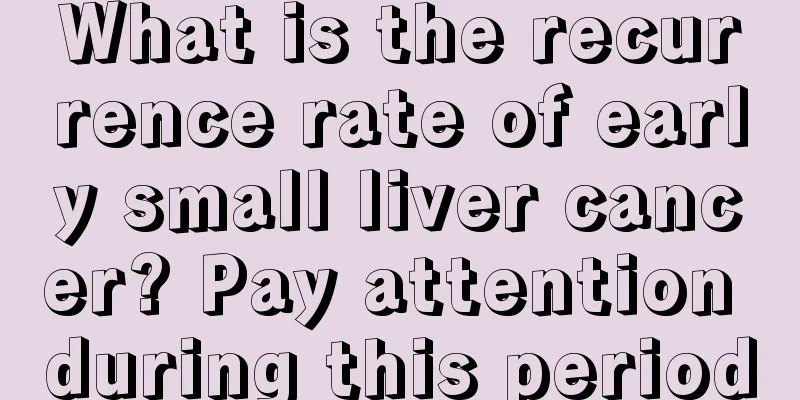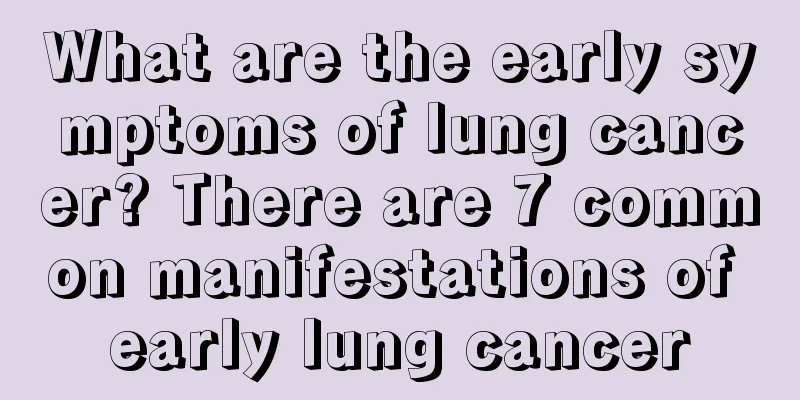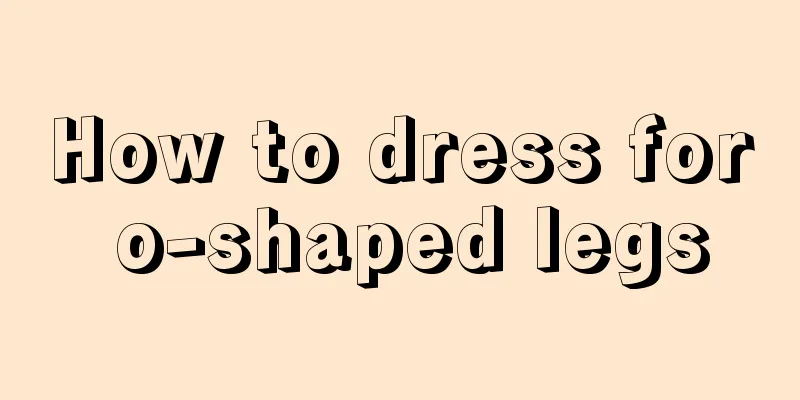What is the reason for the pain above the chest

|
For friends who have symptoms such as pain in the upper chest, they really want to know the cause of the pain in the upper chest. So what is the cause of the pain in the upper chest? Next, this article will introduce you to the relevant content about what causes pain in the upper chest, for your reference only. Friends who want to know more about this can continue reading! Please see the detailed introduction below. What causes pain above chest? The following are some of the causes of upper chest pain: 1. Chest wall muscle spasm The main characteristics are local tenderness. Changes in body position, chest movement, and deep breathing can aggravate the pain. It can also manifest as tingling, spasmodic pain, etc. The causes are mostly due to prolonged incorrect posture, bending over, leaning on a desk, strenuous exercise, local cold, etc., which cause chest wall muscle fatigue and spasm. This kind of chest pain is very common among computer workers. 2. Intercostal neuralgia Intercostal neuralgia refers to pain in one or several intercostal areas that radiates from the back along the intercostals to the anterior wall of the chest and abdomen, in a semi-circular distribution. It is usually unilateral, but can also affect both sides simultaneously. The pain is often made worse by coughing, taking deep breaths, or sneezing. Physical examination may reveal tenderness and percussion pain in the thoracic spinous processes, between the spinous processes or beside the vertebrae. A few patients may have tenderness along the intercostals and paresthesias in the areas innervated by the affected nerves. The pain is usually stabbing or burning, and radiates along the intercostal nerves. 3. Pleurisy Chest pain is the most common symptom of pleurisy. It often occurs suddenly and varies greatly in severity, ranging from vague discomfort to severe tingling, or it may only occur when the patient takes a deep breath or coughs, or it may persist and be aggravated by deep breathing or coughing. Chest pain is caused by inflammation of the parietal pleura and occurs in the chest wall opposite the site of inflammation. It may also present as referred pain in the abdomen, neck, or shoulders. Deep breathing can be painful and cause rapid and shallow breathing, and muscle movement on the affected side is weaker than on the other side. If a large amount of accumulation occurs, the two layers of pleura may separate from each other, and the chest pain may disappear. A large amount of pleural effusion can cause unilateral or bilateral lung movement limitation during breathing, resulting in dyspnea. Physical examination may reveal a pleural friction sound. The above is an introduction to what causes pain in the upper chest. I believe that after reading the above introduction, you already know what the pain in the upper chest is. From the above introduction, we can know that there are many reasons causing pain above the chest. Therefore, for friends who experience symptoms such as pain above the chest, they must go to the hospital for treatment in time! Only in this way can we identify the cause of the disease and provide symptomatic treatment. |
<<: Why does my chest hurt when I breathe?
>>: Why does my left chest hurt when I cough?
Recommend
What to do if you swallow a steel wool
Steel wool is very common in our daily life. Most...
What is the cause of edema above the incision of thyroid cancer
The edema above the incision of thyroid cancer pa...
Is it good to use a milk mixer for babies?
After birth, a baby's body is in a period of ...
Why does hair fall out when washing hair with tea seed powder?
Washing your hair with tea seed powder has a very...
If chronic stomach pain changes, be alert to stomach cancer
Clinically, the early symptoms of some gastric ca...
What happens if you eat something too hot?
Freshly cooked food will be very hot. If you eat ...
What are the nursing issues for colorectal cancer
What are the nursing issues for colorectal cancer...
What does Ben Bang Cai mean
Benbang cuisine means Shanghai cuisine, which is ...
Is Sjögren's syndrome easy to treat?
Sjögren's syndrome can manifest itself in a v...
Teeth and health_How to care for your teeth
Teeth are tissues exposed to the outside and are ...
What types of coarse grain beverages are there
Whole grains have always been a food ingredient m...
What can I eat if I have kidney stones? Dietary taboos for kidney stones
Speaking of kidney stones, I believe many people ...
What are the dietary remedies for lung cancer
The incidence of lung cancer ranks first among al...
Hair transplant results in two months
Hair loss is very common in our lives and brings ...
What principles should be followed when taking medicine for urinary tract infection?
When patients develop symptoms, they should be tr...









